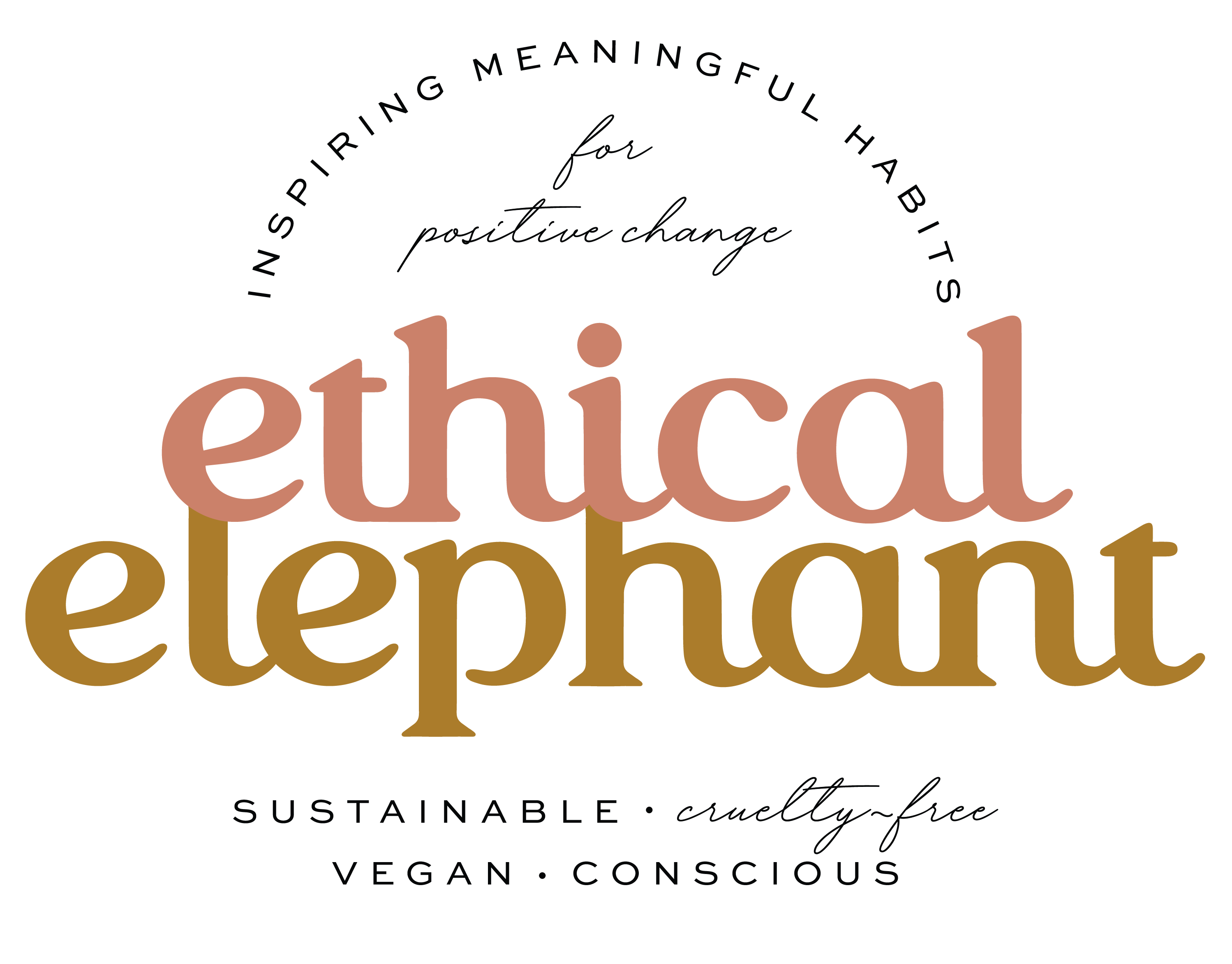This post may contain affiliate links that at no additional cost to you, I may earn a small commission.
You can find Derma E cruelty-free products at dermae.com, Ulta, Target, Walmart, or on well.ca and Amazon.
Derma E is Cruelty-Free
Derma E has confirmed they do not test their products or ingredients on animals or ask others to test on their behalf. Their suppliers also do not test on animals, nor do they allow their products to be tested on animals when required by law. And finally, their products are not sold in stores in mainland China or any other country that may require animal testing.
By our standards, we would consider Derma E to be Cruelty-Free.
What About China’s Animal Testing Laws?
As of May 1, 2021, some imported ordinary cosmetics can be exempt from animal testing under certain conditions. However, for the most part, animal testing is still legally required for most imported cosmetics in 2022.
But Derma E has confirmed they do not sell their products in retail stores in mainland China; therefore, they are not required to test on animals.
“DERMA E is not sold in China.”
Cruelty-Free Policies
Note that there is no legal definition for the label ‘Cruelty-Free.’ It can mean different things to different people. But Cruelty-Free is generally used to imply no animal testing. More specifically, the ingredients, formulation, or finished product are not tested on animals at any stage of product development.
At ethical elephant, we always assess a company’s cruelty-free policy using our Cruelty-Free Checklist. This ensures no animal testing was performed by the brand itself, its suppliers, and by any third parties.
Also, note that Cruelty-Free and Vegan don’t always mean the same thing.
Derma E is 100% Vegan
Derma E has confirmed all of its products are vegan and don’t contain any animal-derived ingredients or by-products.
“That is correct DERMA E is 100% Vegan no animal byproducts.”
Vegan Policies
Similar to ‘Cruelty-Free,’ there is no standard or legal definition for the label ‘Vegan.’ But it usually means no animal-derived ingredients or animal by-products.
Some common animal products used in cosmetics include carmine, lanolin, snail mucus, beeswax, honey, pearl or silk-derived ingredients, animal-based glycerin, keratin, and squalene.
There are plant-based and synthetic alternatives to animal-derived ingredients. But it’s sometimes difficult to know with certainty whether a product is vegan just by reading the ingredient list.
So it’s best to ask the company and manufacturers to ensure the ingredients they’ve chosen to use were from non-animal sources.
Ethical Mica Mining Policy
Mica is a mineral that’s used in cosmetics to add a shimmery effect. But the mining of natural mica has been linked to child labor and human rights violations.
Unless the company discloses its mica mining policy, we have no way of knowing whether its mica is ethically sourced without child or forced labor.
So I asked Derma E if their mica is ethically sourced without the use of child labor and they responded by stating,
“Please note that our mica ingredient comes from Merck KGaA in Germany.
Merck KGaA, Darmstadt, Germany uses mica sourced from the Indian state Jharkhand as a key raw material for the manufacture of its effect pigments for cosmetic, industrial as well as food and pharmaceutical applications. Jharkhand is a region plagued by poverty and political uncertainty, where child labour is widespread.
Merck KGaA, Darmstadt, Germany takes a firm stance against child labour.
As a signatory to the United Nations Global Compact, we are actively fighting to end this practice. We require our suppliers to act accordingly and contractually prohibit them from utilizing child labour. In accordance with its overall supply chain strategy, Merck KGaA, Darmstadt, Germany has implemented all necessary steps to ensure compliance with our requirements regarding the sourcing of mica.”







